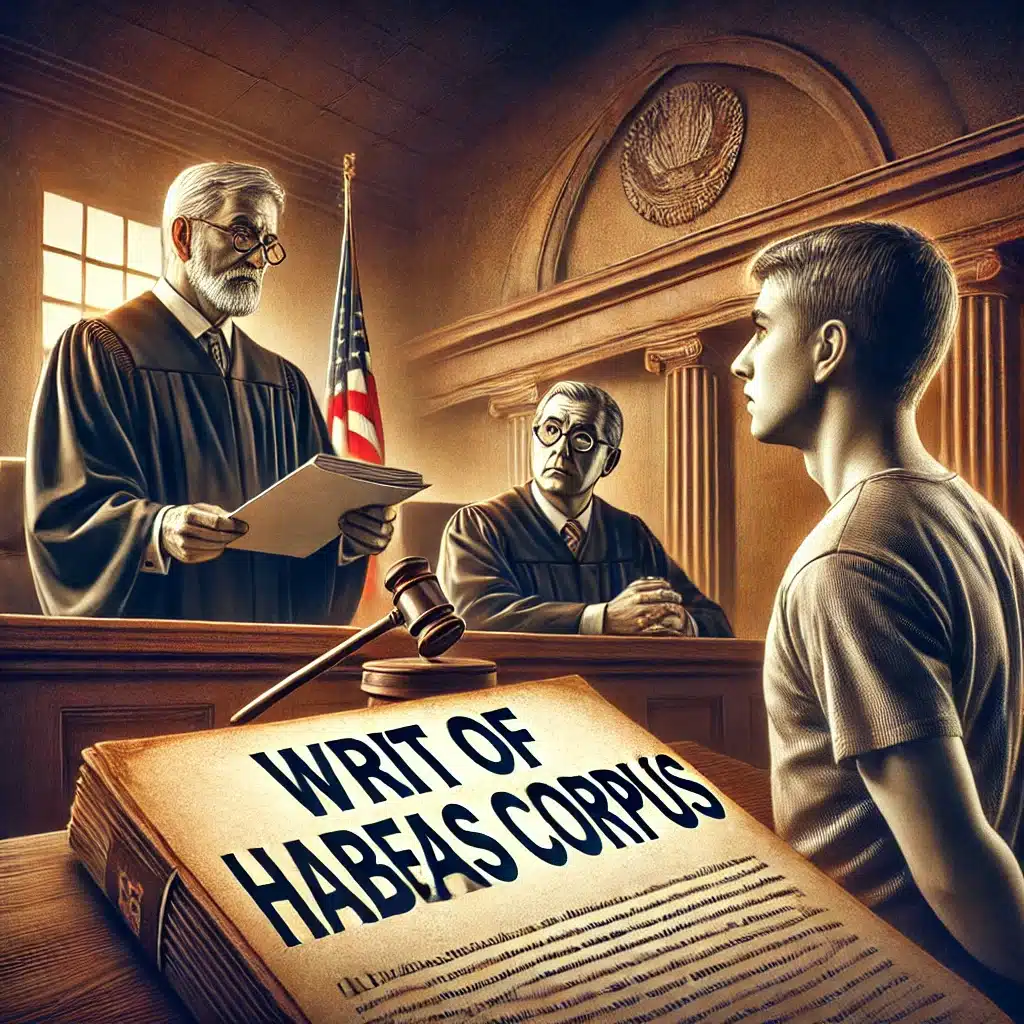Comprehending the Role of a Post-Conviction Lawyer in Seeking Justice After a Criminal Sentence
In the complicated landscape of post-conviction legal procedures, the role of a post-conviction attorney is pivotal in browsing the course to justice after a criminal conviction - best nevada federal attorneys. As the pursuit of justice extends beyond the boundaries of first process, the duty of a post-conviction attorney emerges as a sign of hope for those seeking to rectify oppressions and redeem their civil liberties within the lawful system.
Post-Conviction Attorney's Investigative Work
Post-conviction lawyers participate in careful investigative job to discover new proof, procedural mistakes, or misconduct that can possibly result in overturning a sentence. This investigative stage is vital in the post-conviction process as it intends to identify any kind of ignored details or lawful missteps that might have impacted the end result of the preliminary test. Post-conviction attorneys explore instance data, witness statements, and lawful documents with a fine-tooth comb, looking for any kind of discrepancies or abnormalities that might be premises for allure.
With thorough investigation, post-conviction attorneys intend to shed light on prospective oppressions that might have taken place throughout the initial trial. By scrutinizing every element of the legal procedures, post-conviction attorneys work tirelessly to discover any kind of variables that might have affected the verdict.
Crafting Appeals and Petitions
In the pursuit of justice after a conviction, skilled legal representatives thoroughly craft charms and requests to existing engaging disagreements for the reconsideration of lawful choices. Crafting allures and petitions requires a deep understanding of the legal system, attention to information, and strategic reasoning. Post-conviction legal representatives assess test documents, identify prospective errors or violations of rights, and develop lawful debates to test the conviction or sentence.
When crafting a charm, lawyers concentrate on highlighting lawful mistakes that may have impacted the outcome of the case. They look into instance legislation, statutes, and legal criteria to support their disagreements. Requests, on the other hand, might entail providing new proof that was not readily available during the trial or demonstrating adjustments in the regulation that call for a review of the sentence.
In addition, post-conviction legal representatives should abide by stringent procedural rules and target dates when filing charms and petitions. They need to present their debates clearly and persuasively to convince the court to provide relief to their customers. Through careful crafting of charms and requests, post-conviction legal representatives make every effort to safeguard justice for people that have been wrongfully founded guilty or unfairly sentenced.

Seeking Post-Conviction Relief
Seeking relief after a conviction needs a critical and attentive technique by skilled lawyers. Post-conviction alleviation encompasses an array of legal systems designed to test the legitimacy of a sentence or sentence (south dakota federal habeas corpus attorneys). These methods consist of submitting movements for a new trial, seeking allures, looking for writs of habeas corpus, and providing newly discovered evidence. Post-conviction lawyers play an essential role in browsing these intricate procedures, guaranteeing that all legal alternatives are checked out to correct oppressions that may have happened throughout the test or sentencing phase.
One usual form of post-conviction relief is filing a request for post-conviction alleviation, typically based on insurance claims of inefficient help of counsel, prosecutorial misbehavior, freshly uncovered proof, or constitutional offenses. Experienced post-conviction lawyers possess the skills and knowledge required to determine practical legal claims, carry out examinations, and present engaging disagreements to secure relief for their clients.
Utilizing Forensic Evidence
When challenging a conviction or sentence, the tactical usage of forensic evidence can be a powerful tool in post-conviction web link lawful process. Forensic proof incorporates a variety of scientific methods utilized to examine criminal offenses and establish facts in court. Post-conviction legal representatives can utilize forensic proof to challenge the validity of convictions by providing new scientific searchings for that were not readily available throughout the original trial.

Participating In Sentence Modifications
Post-conviction lawyers may explore the possibility of sentence modifications as a lawful method to resolve out of proportion or unjustified sentences handed down in criminal cases. Sentence modifications involve looking for adjustments to the regards to an offender's sentence after a sentence has taken location. These modifications can consist of lowering the size of a sentence, changing the sort of penalty imposed, or exploring alternative sentencing alternatives.
Post-conviction legal representatives can go after sentence adjustments through different legal systems, such as filing activities for sentence decrease, appealing for caring release, or bargaining appeal offers for reduced sentences. They have to meticulously examine the scenarios of the case, assess the lawful grounds for looking for an adjustment, and present engaging disagreements to the court sustaining the requirement for a revised sentence.
Participating in sentence adjustments needs a complete understanding of criminal legislation, punishing guidelines, and the specific treatments involved in looking for post-conviction relief. Post-conviction legal representatives play a vital role in supporting for reasonable and simply results by challenging sentences that are unduly extreme or do not align with the concepts of justice.
Conclusion
Finally, the role of a post-conviction legal representative is important in looking for justice after a criminal conviction. Through investigatory work, crafting allures and petitions, going after post-conviction alleviation, using forensic proof, and participating in sentence adjustments, these attorneys play an essential role in advocating for their customers and guaranteeing that their civil liberties are supported within the criminal justice system. Their commitment and knowledge are crucial in navigating the complexities of post-conviction procedures and attaining a fair result for people encountering criminal convictions.
Comments on “The Relevance of Habeas Corpus in Legal Protection: Lawyer's Point of view”